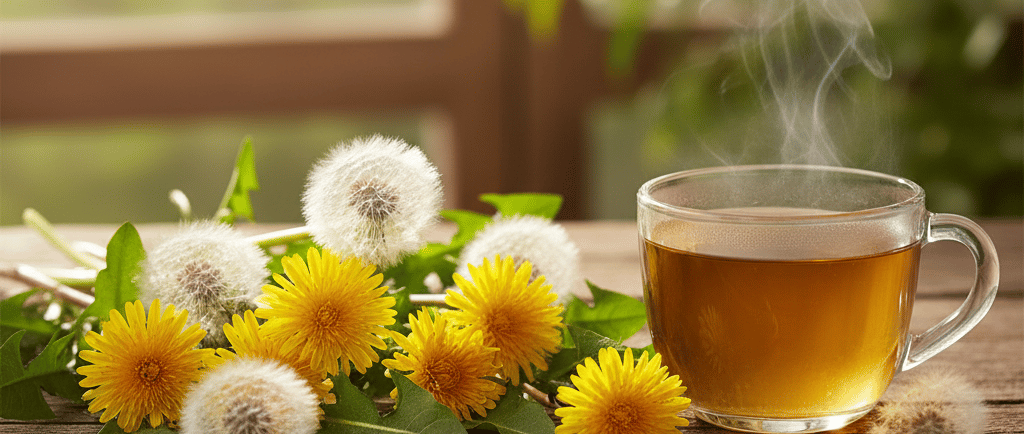Dandelion Benefits: Why This "Weed" Deserves a Place in Your Wellness Routine
Most of us grew up thinking of dandelions as the enemy of a perfect lawn. But here's the thing: what we've been calling a weed is actually one of nature's most impressive nutritional powerhouses. Every part of the dandelion plant—from root to flower—has been used in traditional medicine for centuries across different cultures.
PLANTS
10/25/20252 min read


I'll never forget the first time my grandmother told me to stop pulling dandelions from her garden. "Those aren't weeds," she said with a knowing smile. "They're medicine." At the time, I thought she was just being sentimental about the cheerful yellow flowers dotting her yard. Years later, I've come to understand she was absolutely right.
More Than Just a Lawn Nuisance
Most of us grew up thinking of dandelions as the enemy of a perfect lawn. But here's the thing: what we've been calling a weed is actually one of nature's most impressive nutritional powerhouses. Every part of the dandelion plant—from root to flower—has been used in traditional medicine for centuries across different cultures.
The Nutritional Profile That Might Surprise You
Dandelion greens pack more vitamin A than spinach and more vitamin K than kale. They're loaded with vitamins C and E, along with minerals like iron, calcium, magnesium, and potassium. The roots contain inulin, a prebiotic fiber that feeds the beneficial bacteria in your gut.
But what really makes dandelions special isn't just what they contain—it's how your body can use these nutrients.
Real-World Dandelion Benefits
Supporting Liver Health
Your liver works overtime filtering everything you consume, and dandelion root has traditionally been used to support this hardworking organ. It may help promote bile production, which aids in digestion and the breakdown of fats. Some herbalists call it a "liver tonic," and while more research is always welcome, the traditional use speaks volumes.
Natural Diuretic Properties
Unlike some diuretics that deplete potassium, dandelion actually contains this essential mineral. This means it may help reduce water retention without creating imbalances in your system. The French even call dandelions "pissenlit"—which literally translates to "wet the bed"—a testament to its time-honored reputation.
Digestive Support
If you've ever dealt with sluggish digestion, dandelion might become your new best friend. The bitter compounds in dandelion leaves and roots stimulate digestive enzymes and promote healthy gut bacteria. That slight bitterness you taste? That's your digestive system getting a gentle wake-up call.
Antioxidant Power
Dandelions are rich in beta-carotene and polyphenols, compounds that help protect your cells from oxidative stress. In our modern world full of environmental toxins and processed foods, we can use all the antioxidant support we can get.
How to Use Dandelions
You don't need to forage in your backyard (though if you have organic, pesticide-free dandelions, go for it!). Dandelion is available as tea, tinctures, capsules, and dried roots. Some people add young dandelion greens to salads—just a handful adds a pleasant, slightly bitter note that pairs beautifully with sweet dressings.
Start small if you're new to dandelion. Like any herb, it's best to introduce it gradually and see how your body responds.
A Final Thought
Nature has a funny way of putting exactly what we need right under our noses—or in this case, under our feet. The humble dandelion has been thriving alongside humans for millennia, patiently waiting for us to recognize its value beyond being just another plant to eradicate from our lawns.
Ready to explore how dandelion and other traditional herbs can support your wellness journey? Visit herbalwomenshealth.com to discover high-quality herbal supplements and educational resources designed specifically for women's health needs. Your body deserves the best that nature has to offer.